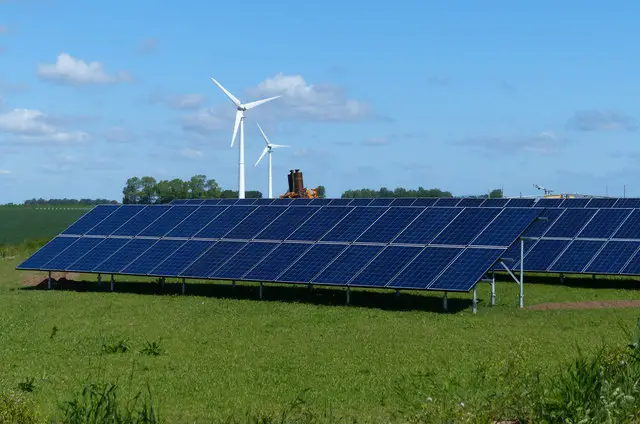Minister says inadequate technology is hampering renewable energy in Zimbabwe.
Zimbabwe has the capacity to produce 1,600MW of electricity from renewable energy resources by 2030. This is according to the energy minister Samuel Undenge. He said that the country however, lacks the technology to exploit its resources.
The Minister said Zimbabwe is rich in numerous renewable energy resources and if well harnessed can supply 10,000GWh of energy every year.
Speaking at a recently held workshop on renewable energy, the minister said that he highly recognizes renewable energy.
He emphasized that Zimbabwe needs to embrace renewable energy technologies as key resources for addressing universal energy access as well as an important energy supply option whereby more than half of its population does not have access to electricity.
“On average, 60% of Zimbabwean population is still not connected to the national electricity grid,” he said.
The energy secretary Patson Mbiriri on the other hand said Zimbabwe’s current hydro electricity and thermal supply is not sufficient to meet the whole country’s electricity demand.
According to him, renewable energy sources including, biomass, solar, wind and biogas are capable of mitigating the country’s energy insufficiency and offer a solution to the challenges brought about by the use of fossil fuels.
Last year, Zimbabwe presented a per capita greenhouse gas energy emission reduction target of 33% by 2030. This is a part of its pledge to reduce its carbon footprint.
The climate experts however advised the country to adopt renewable energy technologies so as to realize this goal.
The former minister of energy and power development, Victor Kandoro as at 2016, said that the ministry of energy and power development was developing a renewable energy policy which seeks to accelerate the adoption of renewable energy technologies in both rural and urban areas.
Any barriers to the adoption of the technologies would be addressed in the policy framework.
